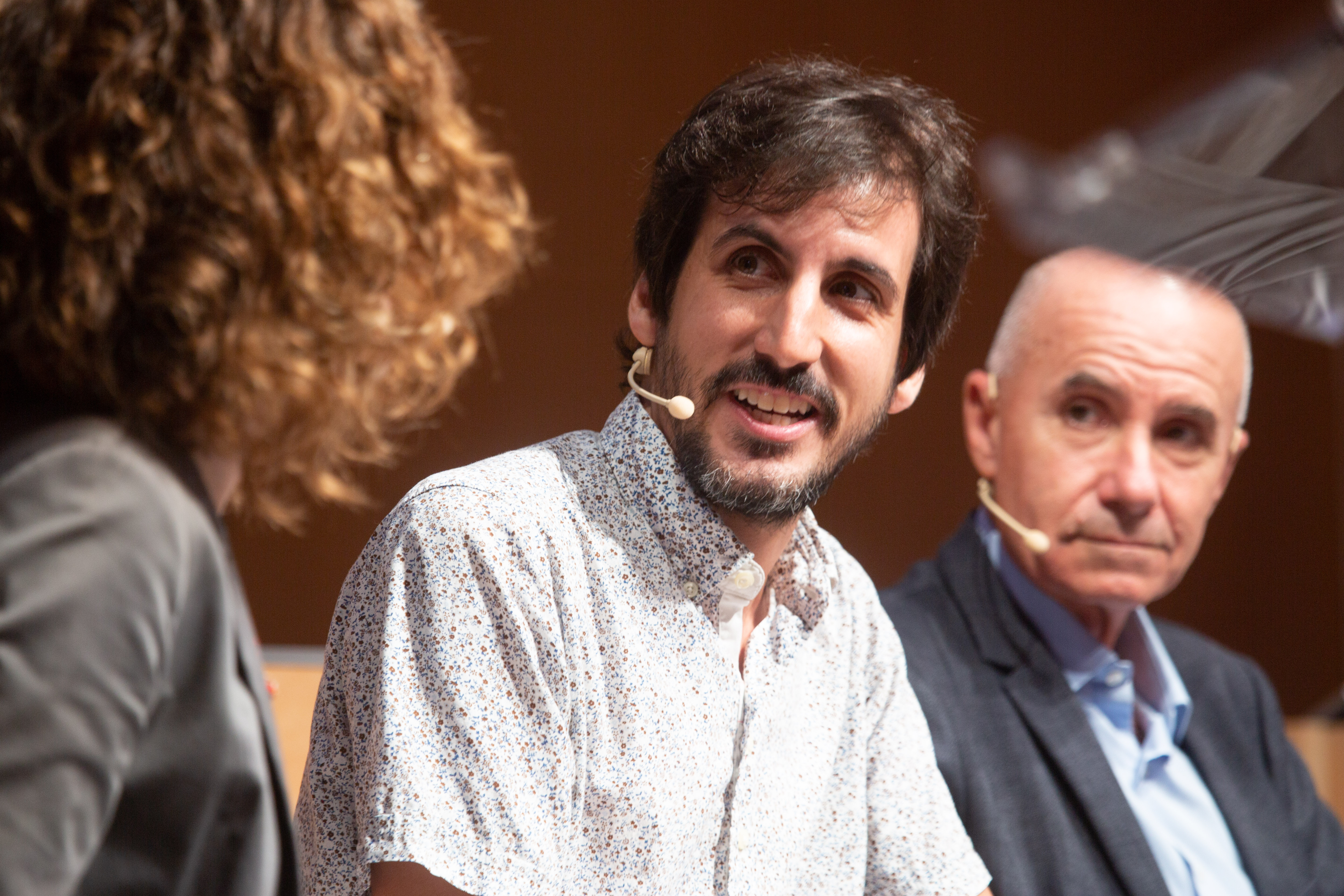Dismantling myths surrounding the transformation of working time
Within the framework of the tenth edition of the Time Use Week international congress, held this month in Barcelona, representatives from the NUST network contributed their respective experiences in their workplaces to help dispel four main myths that hinder the transformation of working time.
Under the title “For a new balance of time”, the tenth edition of the Time Use Week has once again emphasized the right to time, seeking to place the conversation on the organization of time in Catalonia and in the city of Barcelona, in the international context.
From October 16 to 20, representatives of municipalities, regions, international organizations, the social and productive fabric, and the research community from around the world, have reflected in Barcelona on how to move forward in a transformation of working time that results in social and economic benefits.
In this context, the director of Gender Services and Time Policies, Sonia Ruiz, led the round table in which three representatives of the Network of Companies for a New Work Time (XNUST) together with Ana Trujillo from Elring Klinger, have contributed to demystifying four preconceived concepts about the organization of working time.
Josep Maria Miranda Garuz, director general of ACEFAT, highlighted the false myth that the transformation of working hours is only compatible with large companies and large human resources departments, making it clear that it is possible to apply beneficial changes with less structure and resources.
Marta Rodríguez Martín, Director of Organization, People and Culture of Mercabarna, has demystified her account that the working time measures are only applicable to specific sectors such as “teleworking” or “office jobs”.
Another myth very present in society is the conception of the fact that working time measures and policies reduce productive time and only benefit workers and not business organizations. Idea that has been dismantled with solid arguments Gonçal Calvo and Pérez, Head of Innovation at BMAT.
Finally, Ana Trujillo, senior specialist in Selection and Labor Relations at Elring Klinger, has provided strong data, such as the fact that 97% of the workers in her company who have reduced working hours are women. However, it has exemplified the growing trend in which more and more men are also opting for formulas to reduce and make working days more flexible in order to reconcile their personal lives.
An inspiring conference that provided interesting reflections on different ways to transform working time and the positive impacts it generates in organizations.



